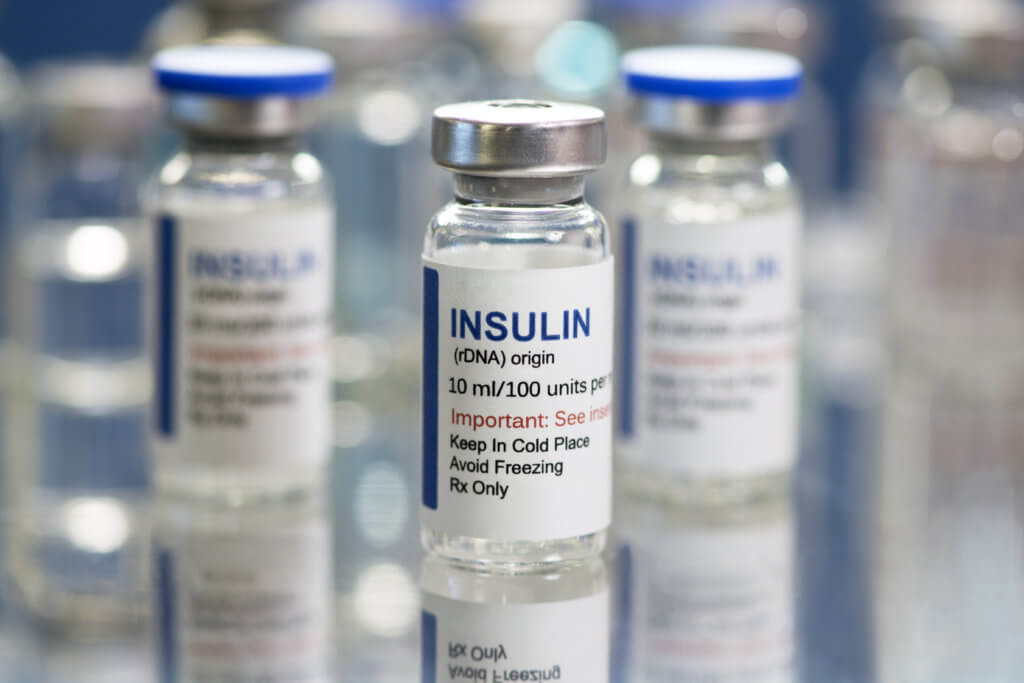In an era where information is just a click away, distinguishing between fact and fiction when it comes to healthcare can be challenging. There are many common myths people buy into regarding their medications. However, there’s a reason they’re myths, so let’s look at how the truth about certain meds often gets overshadowed by misconceptions.
Myth 1: ‘Antidepressants Will Change My Personality’
Antidepressants are often misunderstood, with many fearing they will drastically alter their personality or make them feel numb. What’s the truth, according to a pharmacist?
When used correctly under medical supervision, these medications help balance the chemicals in the brain that affect mood and emotions. They’re designed not to change who you are, but to help you feel more like yourself by alleviating symptoms of depression and anxiety.
Myth 2: ‘Blood Pressure Medications Can Be Stopped Once My Pressure Is Normal’
A common misconception is that blood pressure medications are a temporary fix. However, high blood pressure is often a lifelong condition. What’s the truth?
Stopping medication without a doctor’s advice can lead to a dangerous rebound effect, causing blood pressure to rise suddenly, which could be risky. Consistent medication, alongside lifestyle changes, is key in managing blood pressure.
Myth 3: ‘Insulin Is a Last Resort for Diabetes’
Many believe that starting insulin therapy for diabetes signifies a personal failure or a worsening condition. This is far from the truth.
Insulin is a vital and effective medication for managing diabetes, and its use is based on individual needs and how the body responds to other treatments. It’s not a last resort, but an essential treatment option for maintaining blood sugar levels.

Myth 4: ‘Pharmacists Just Dispense Medications’
Pharmacists do much more than dispense medications. They are medication experts who play a crucial role in healthcare.
From providing medication counseling to managing chronic diseases and administering vaccines, pharmacists ensure safe and effective medication use. They are also valuable resources for medication-related advice and information.
Myth 5: ‘Generic Drugs Are Less Effective Than Brand Names’
Generic drugs are often viewed as inferior to their brand-name counterparts, but this is a misconception.
Generics contain the same active ingredients and are as effective and safe as the brand-name versions. The main difference lies in the cost, with generics being more affordable, making essential medications accessible to more people.

Myth 6: ‘I Can Share My Medication with Others if We Have the Same Symptoms’
This is completely false. Sharing medication is a dangerous practice.
Medications are prescribed based on individual health conditions, histories, and other medications. What works for one person may be harmful to another. Always consult a healthcare professional before taking or sharing medications.
Myth 7: ‘Natural Supplements Don’t Interact with Medication’
The belief that natural or herbal supplements are always safe and don’t interact with medications is a common myth. What’s the truth?
In reality, many supplements can interact with prescription drugs, potentially reducing their effectiveness or causing harmful side-effects. Inform your healthcare provider about any supplements you are taking to avoid adverse interactions.
In conclusion, understanding the truth behind these common medication myths is crucial for safe and effective healthcare. As healthcare professionals, pharmacists play a vital role in providing accurate information and personalized care. By staying informed and consulting with healthcare professionals, you can navigate the world of medications confidently and safely.
You might also be interested in:
- Pharma Nation: Americans will spend half their lives taking prescription drugs, study predicts
- Best Headache Medicine: Top 5 OTC Pain Relievers Most Recommended Across Expert Reviews
- Bad medical news makes patients more likely to choose pricey drugs over generics

